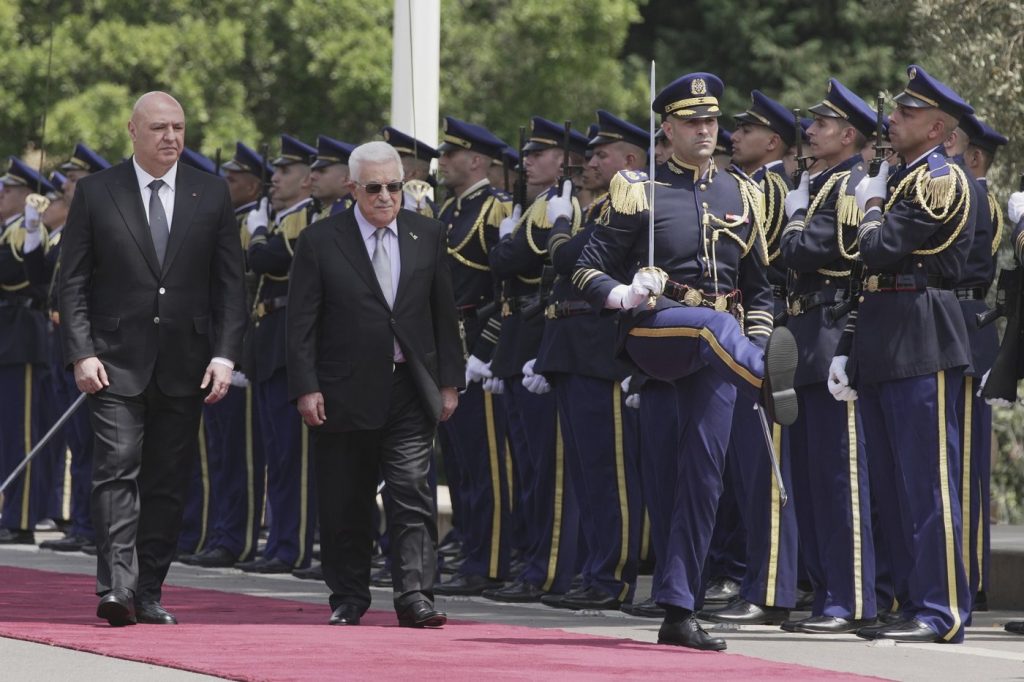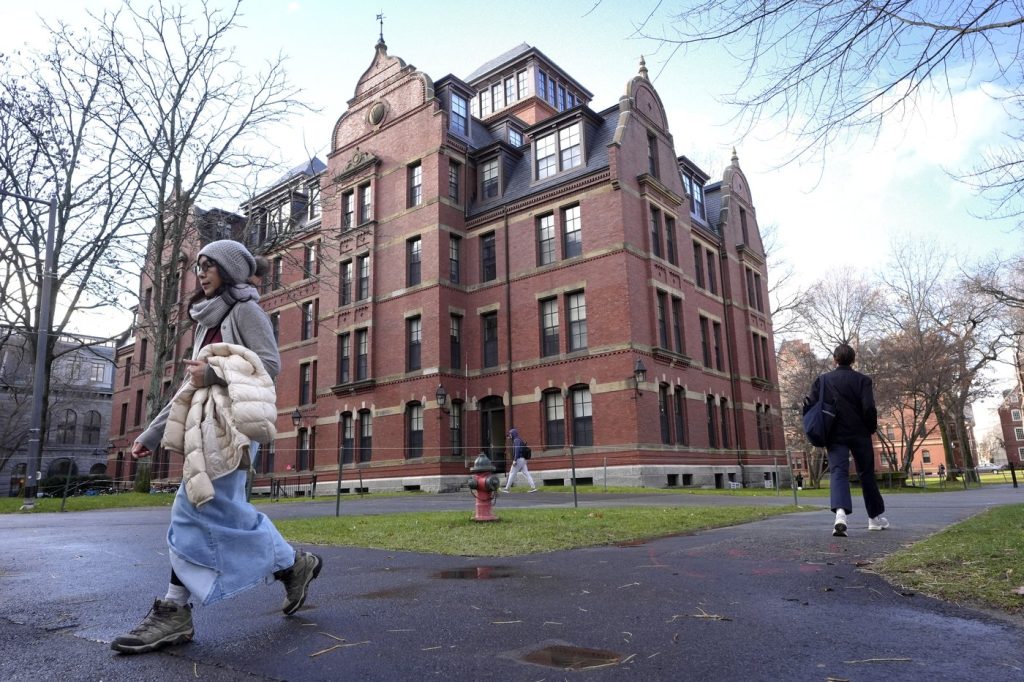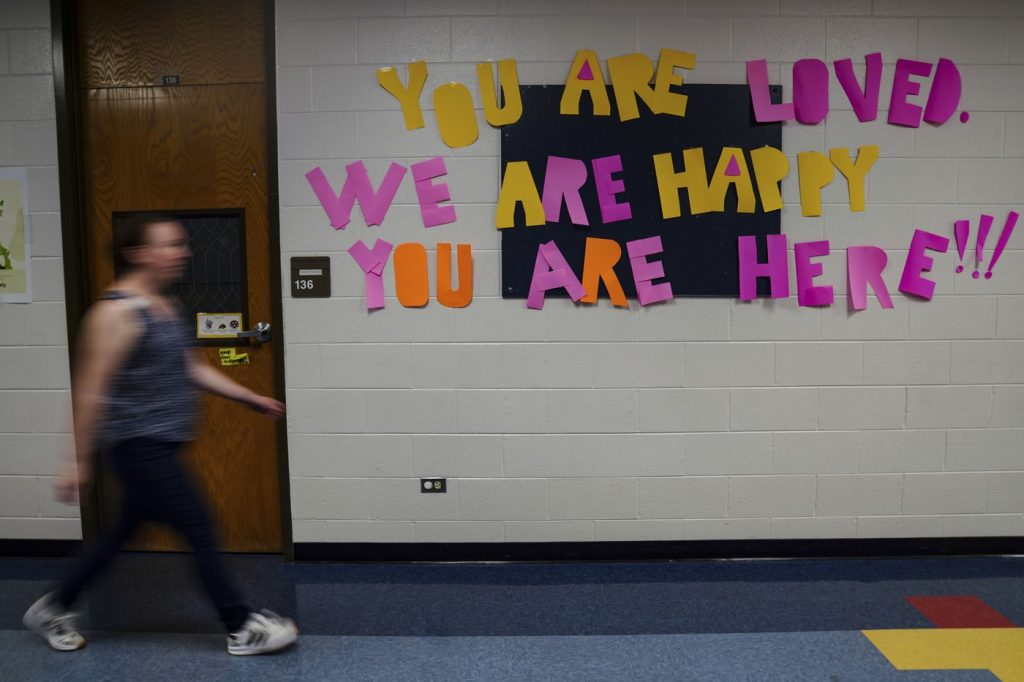BEIRUT (AP) — The presidents of Lebanon and Palestine reached a crucial agreement on Wednesday aimed at ensuring stability in the region. During a significant meeting, President Joseph Aoun of Lebanon and Palestinian President Mahmoud Abbas, who is on a three-day visit to Lebanon—his first in seven years—affirmed that Palestinian factions will not use Lebanon as a base for launching attacks against Israel. The leaders also expressed their commitment to removing weapons that are not under the authority of the Lebanese state.
The backdrop to this agreement is the Lebanese government's ongoing efforts to restore its authority throughout the nation, particularly in southern regions near the Israeli border. This is in the aftermath of a prolonged 14-month conflict between Israel and Hezbollah, which concluded in late November following a U.S.-brokered ceasefire. Despite this, the Palestinian refugee camps in Lebanon remain largely beyond the control of the Lebanese state, with several factions possessing various types of weapons.
Recent years have seen violent clashes among rival groups within these camps, resulting in casualties that have affected surrounding areas. Palestinian refugee camps, which host tens of thousands of Palestinians—many of whom are descendants of families who fled to Lebanon after the establishment of Israel in 1948—are specifically highlighted in the negotiation process. The output regarding the removal of these weapons from the camps remains ambiguous.
During the meeting, the two leaders emphasized that only the Lebanese state should possess weapons, asserting that the existence of arms outside Lebanese authority must come to an end. A jointly issued statement by the Lebanese presidency's spokeswoman, Najat Sharafeddine, reinforced that Palestinian camps in Lebanon should not act as "safe havens for extremist groups." Moreover, it reiterated the Palestinian commitment to not conducting any military operations from Lebanese territories.
The political landscape has been further complicated by recent tensions, as Israel escalated its airstrikes on Lebanon following accusations that Hamas had fired rockets at northern Israel from southern Lebanon. In response to these actions, the Lebanese government publicly condemned Hamas for the first time and arrested nearly ten suspects allegedly involved in the rocket fire. The Lebanese military reportedly pressured Hamas to surrender three of its militants from various refugee camps in the area.
Currently, there are about 500,000 Palestinians registered with the United Nations Relief and Works Agency for Palestine Refugees in the Near East (UNRWA) in Lebanon. However, the actual population is estimated at around 200,000, as many have emigrated while still remaining on UNRWA's roster. Palestinian refugees in Lebanon face numerous challenges, including being barred from various professions, lacking legal protections, and restrictions on property ownership.
The developments between President Aoun and President Abbas highlight a pivotal moment in Lebanese-Palestinian relations, focusing on security and governance. The agreements made during this meeting reflect a collective effort to stabilize the region and reduce external threats, particularly in light of the ongoing tensions with Israel. Ensuring that Palestinian factions respect Lebanese sovereignty could pave the way for a more peaceful coexistence.












